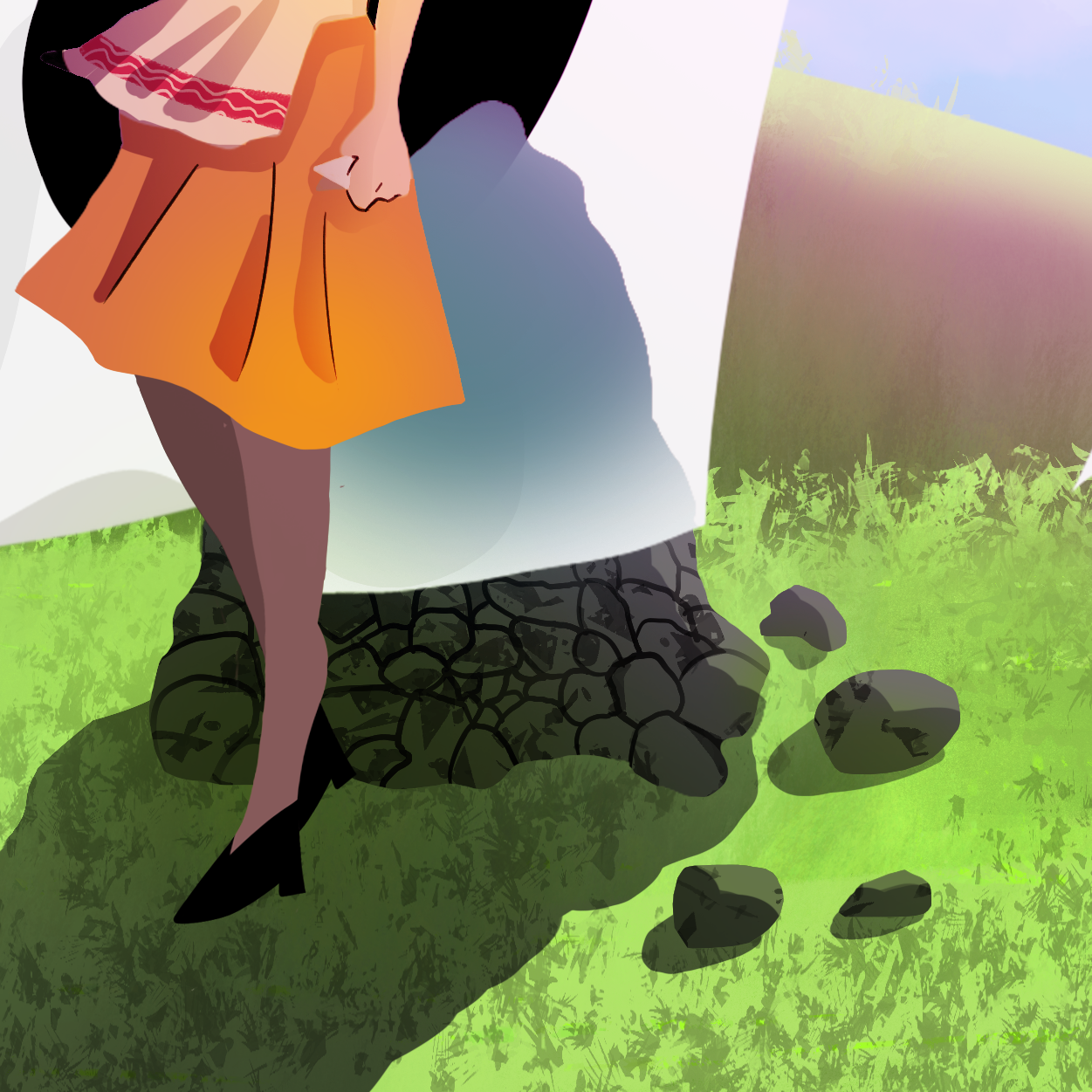
Students will evaluate what motivates people, especially as it relates to the main characters in “The Gift of the Magi.” As they read and listen to the story, students will identify thoughts and feelings that relate to the motivations and actions of the main characters. Students will also look for and... Read more »
Motivation in Characters

In this lesson, students explore the theme of tradition by reading Shirley Jackson’s short story, "The Lottery," and an accompanying article, "The Dangers of Tradition." As students develop their own beliefs concerning the value and possible dangers of tradition, they share their opinions with their... Read more »
The Lottery

Is Big Brother watching you? Are you being persuaded or confused by double speak? In this lesson, students will analyze propaganda and logical fallacies used in the novel 1984 and reflected in the world around them. Students will participate in a card sort and choosing magnetic statements about logical... Read more »
Logical Fallacies and Propaganda in 1984

In this lesson, students will explore how social groups, like generations, are defined by different characteristics and stereotypes. In groups, students will jigsaw readings to investigate these characteristics and stereotypes. Students will then create a mood board that represents one of the generations... Read more »
Comparing and Contrasting the Generations

How do women entrepreneurs overcome barriers to success in the business world? This lesson examines the challenges and triumphs of notable female business leaders. Students will engage in collaborative inquiry, beginning with an iCAP video featuring successful Oklahoma businesswomen. They will identify... Read more »
Women in Business

Is it really worth it? In this lesson, students will read “The Bet” by Anton Chekhov and view “The Silence,” an episode from the Twilight Zone, analyzing the motives and outcomes of the characters. Students begin by participating in a word cloud listing things they’d be willing to give up. Next, they... Read more »
Argumentative Writing

Students use the SPACECAT strategy to analyze reading. It is a mnemonic device for analyzing various components of a rhetorical situation. By breaking down these components, SPACECAT aids in a structured and thorough analysis of the piece. Read more »

This lesson engages students in exploring, assessing, and drawing conclusions about the validity of various media sources through exploration of the 2019 "Alienstock" phenomenon. Students will work independently and in groups to compare and analyze different media sources and evaluate the validity and... Read more »
Analyzing Information, Media, and Validity

In this lesson on Greek and Latin roots, guide students to explore word origins by discovering root words and applying them to their writing. Have students work in groups to recognize Latin and Greek roots using learning strategies. Lead them through a reading and annotation activity to identify English... Read more »
Greek and Latin Roots

This lesson, based on W.W. Jacob's short story "The Monkey's Paw," is designed to help students understand foreshadowing. Students identify passages in the text that foreshadow the end of the story and predict how they think the story will end. After reading the full story, students compare their predictions... Read more »
Foreshadowing